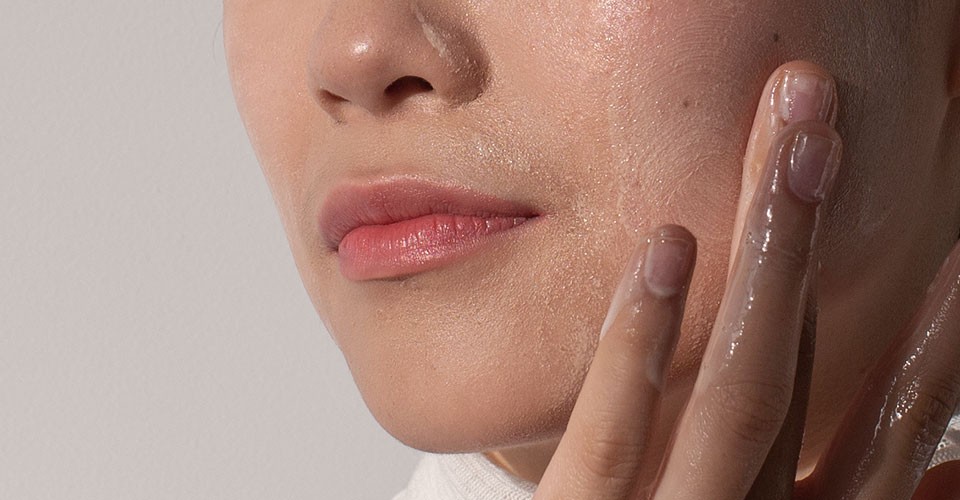What Kind Of Doctor Treats Psoriasis and Why It Matters?
When it comes to skin conditions like psoriasis, understanding what kind of doctor treats psoriasis is vital for both the patients and the beauticians who care for their skin. Proper treatment requires an in-depth knowledge of dermatological issues and effective methods to manage them.
The first step in assisting clients affected by psoriasis is recognizing the symptoms and knowing where to direct them for specialized care. In this article, we'll dive deep into the types of doctors who specialize in psoriasis treatment, the role beauticians play in managing this condition, and essential tips to offer effective care.

Understanding Psoriasis
Psoriasis is a chronic autoimmune skin disease that leads to the rapid build-up of skin cells, resulting in scaling on the skin's surface. This condition can be itchy, painful, and may significantly impact a person's quality of life. Common types of psoriasis include:
- Plaque psoriasis
- Guttate psoriasis
- Inverse psoriasis
- Pustular psoriasis
- Erythrodermic psoriasis
Beauticians should familiarize themselves with these types to provide accurate advice to their clients.
Who Treats Psoriasis?
The most qualified professional for treating psoriasis is a dermatologist. These specialists are trained in the diagnosis and treatment of skin conditions. But their expertise doesnt stand alone; several other healthcare professionals may also play a significant role in treating psoriasis:
- Primary Care Physicians: Can diagnose and refer patients to dermatologists.
- Rheumatologists: Treat associated joint problems like psoriatic arthritis.
- Allergists: Help identify allergies that could exacerbate psoriasis symptoms.
- Psychologists and Counselors: Provide mental and emotional support.
It's important for beauticians to understand that while they can help manage symptoms through skincare products and routines, the medical management should be left to healthcare professionals.
The Role of Beauticians
Beauticians play an essential role in the continuous care of clients with psoriasis. While they aren't doctors, they can significantly contribute to a patients quality of life. Heres how:
1. Skin Care Education
Educating clients on which products to use and avoid is crucial. For instance, clients should steer clear of those containing alcohol, which can be drying and irritating. Instead, recommend gentle, hydrating products.
2. Understanding Treatment Products
Understanding how treatments such as topical steroids or systemic medication work can help beauticians guide their clients. Regular discussions about ongoing treatments can enhance the beauticians' ability to provide appropriate care.
3. Product Recommendations
Utilizing skin-healthy products that minimize irritation can be impactful. Speak to your clients about using products specifically designed for sensitive skin, like those that can be found here.
4. Ongoing Support
Being a supportive figure and being informed can help clients feel cared for. Regular follow-ups can make clients feel more comfortable discussing their skin conditions.
Common Treatments for Psoriasis
Before jumping into common treatments, its important to remember that individuals respond differently to various therapies. Here are some common treatment avenues:
- Topical Treatments: Such as corticosteroids and vitamin D derivatives.
- Phototherapy: Sunlight or artificial ultraviolet light can reduce symptoms.
- Systemic Medications: Including biologics that target specific parts of the immune system.
- Lifestyle Changes: Incorporating stress management techniques and observing environmental triggers.
Importance of Follow-Up Appointments
Clients should be encouraged to stick with their follow-up appointments with dermatologists. Regular check-ups are essential for monitoring any side effects and adjusting treatments as necessary.
Psoriasis and Beauty Treatments
Clients with psoriasis may wonder about beauty treatments. Discussing options like exfoliation methods or makeup is essential in providing them with the best guidance.
While treating psoriasis, its crucial to discuss how certain beauty treatments can affect skin health. Gently exfoliating and moisturizing can still work under medical supervision, but caution should be exercised.
Conclusion
Understanding what kind of doctor treats psoriasis is fundamental, especially for beauticians. By actively participating in their clients skincare journeys, beauticians can provide valuable support, educate about skin health, and recommend appropriate treatments. Its about creating a balance between beauty care and medical treatment, ensuring that clients lead happier and more confident lives with healthy skin.

FAQs
1. What specialists can help with psoriasis treatment?
A dermatologist is the primary specialist, but rheumatologists, allergists, and psychologists may also assist.
2. Can beauticians treat psoriasis?
Beauticians cannot treat psoriasis but can provide skincare recommendations and emotional support.
3. Are there any special products recommended for psoriasis?
Products free of alcohol and other irritants are preferred. Gentle, hydrating options are best.
For additional information on managing psoriasis, check out this article: Psoriasis Overview.

